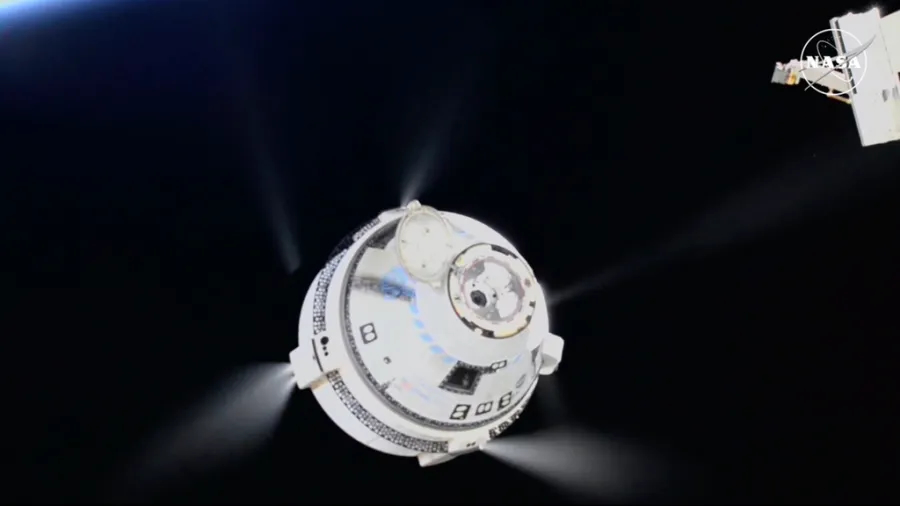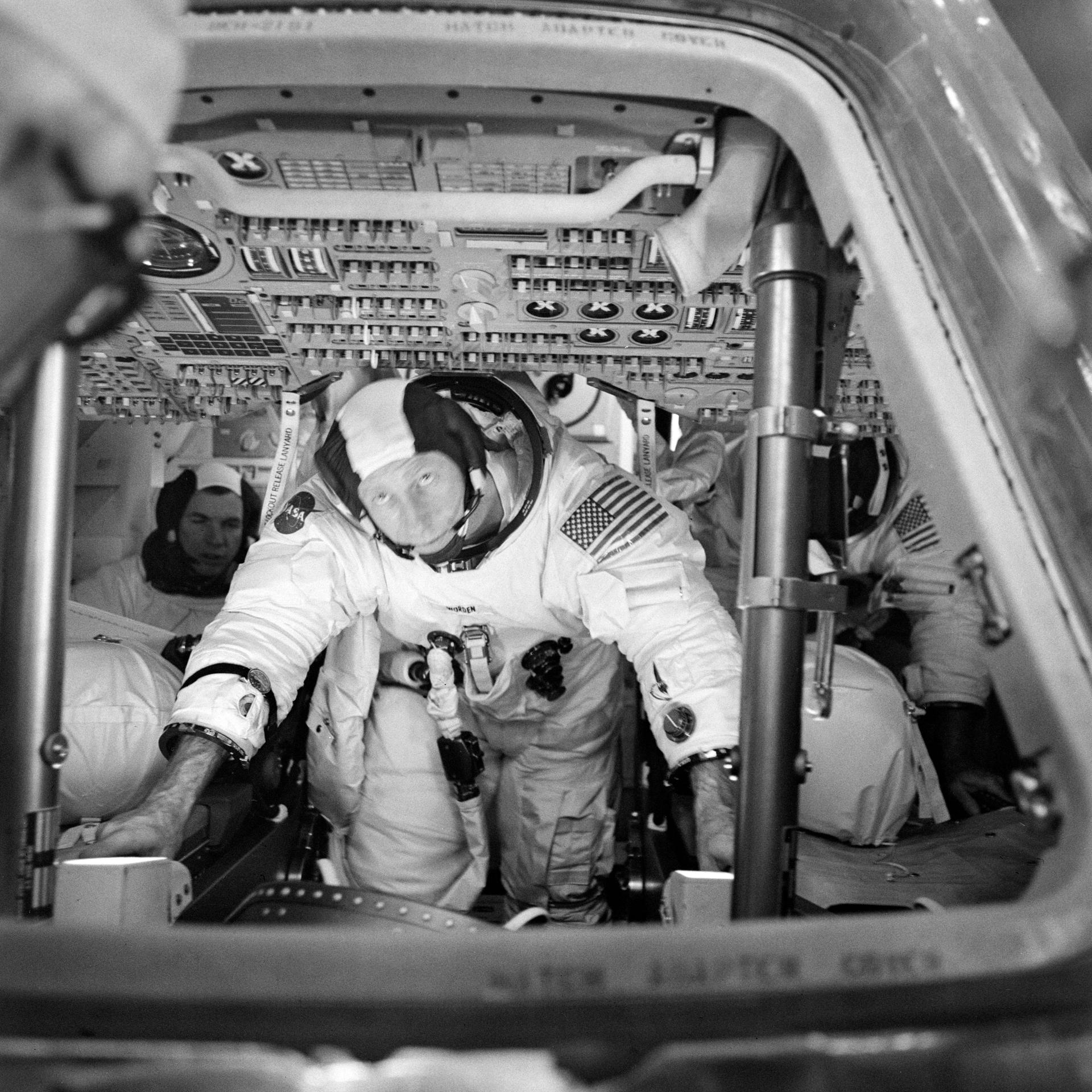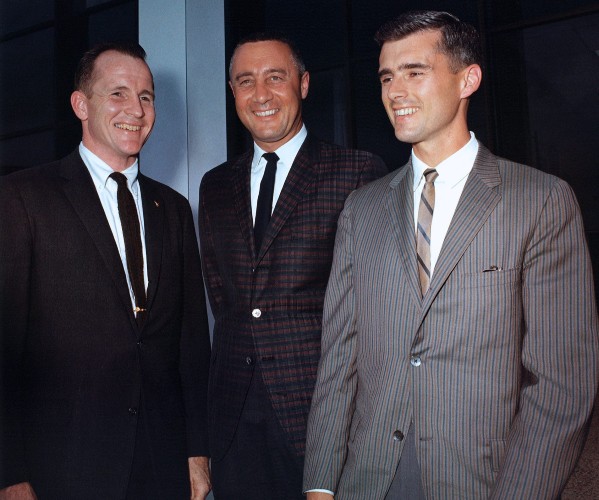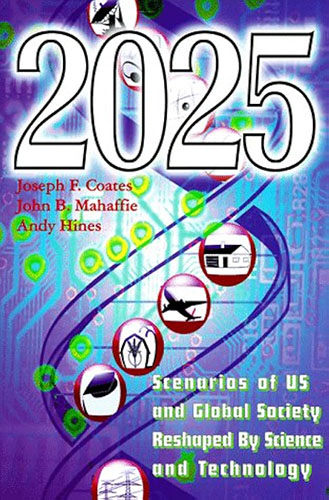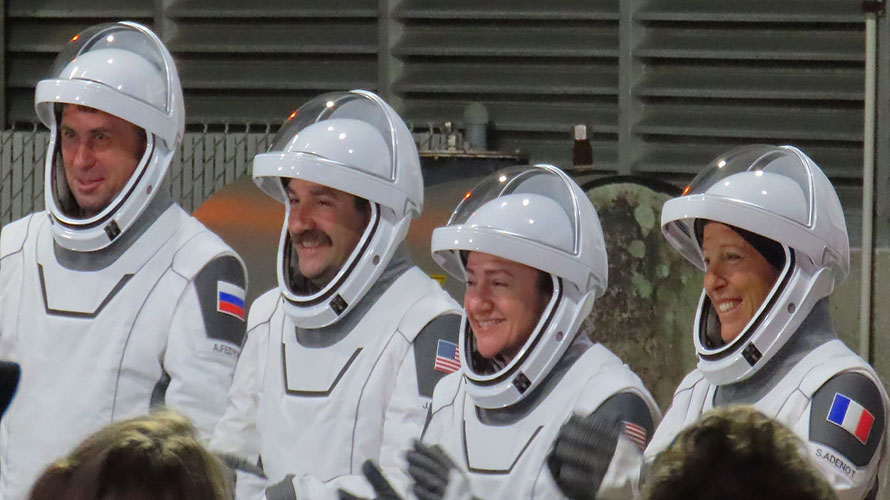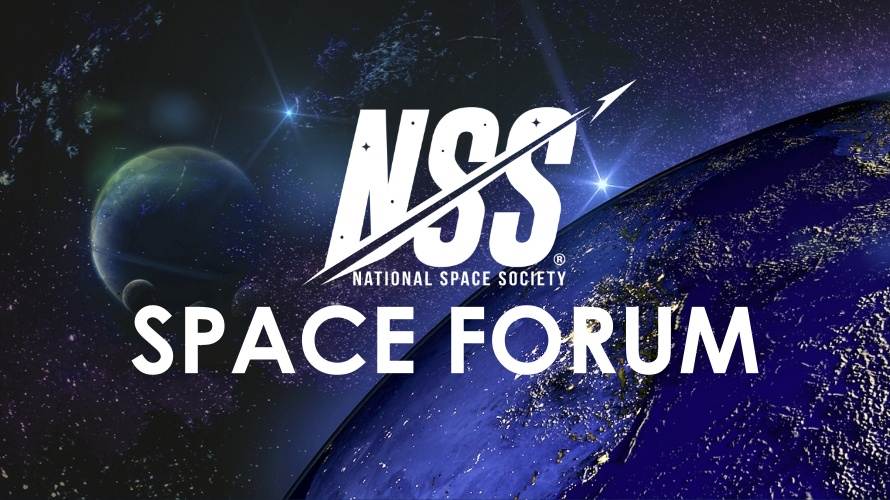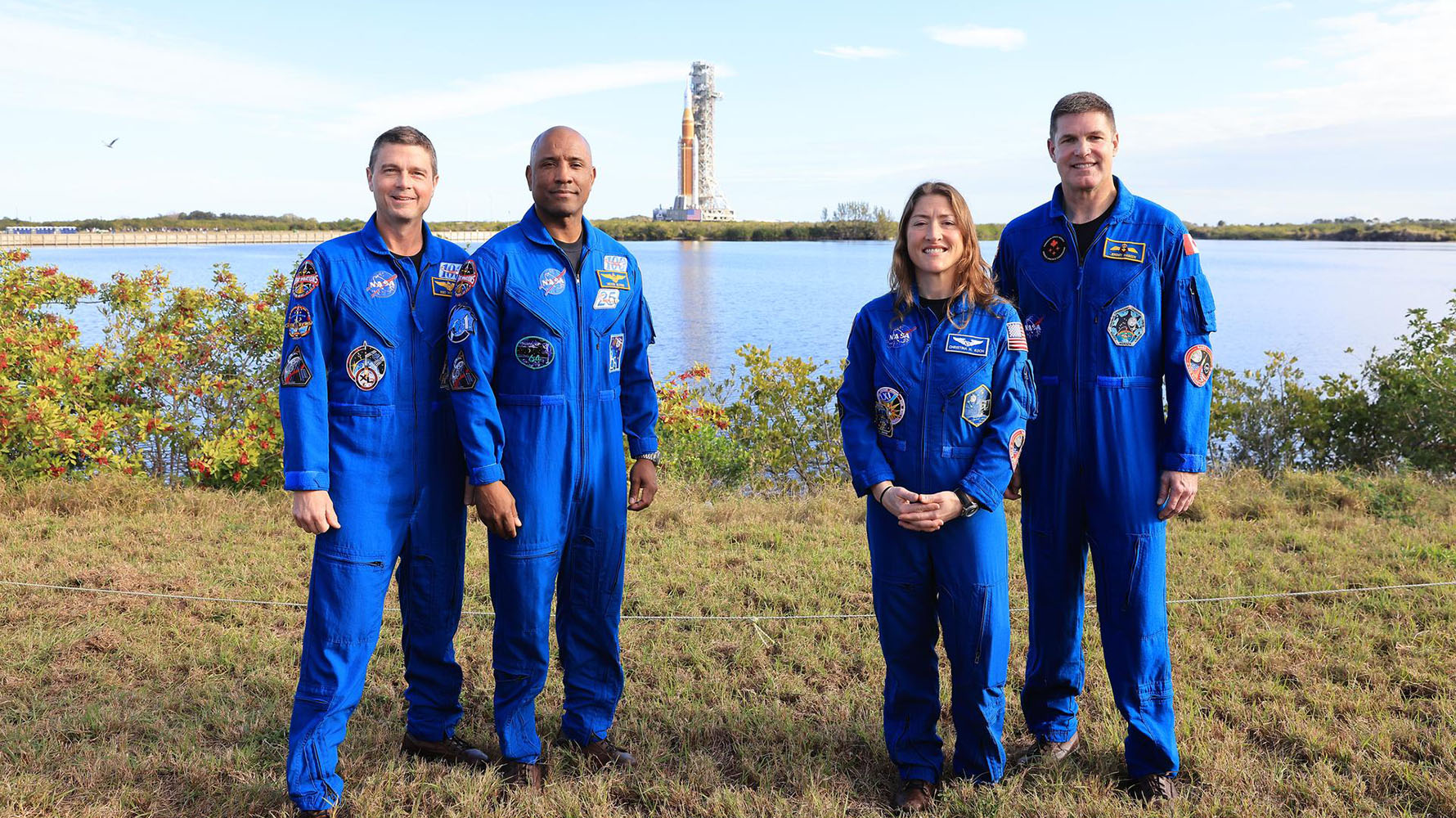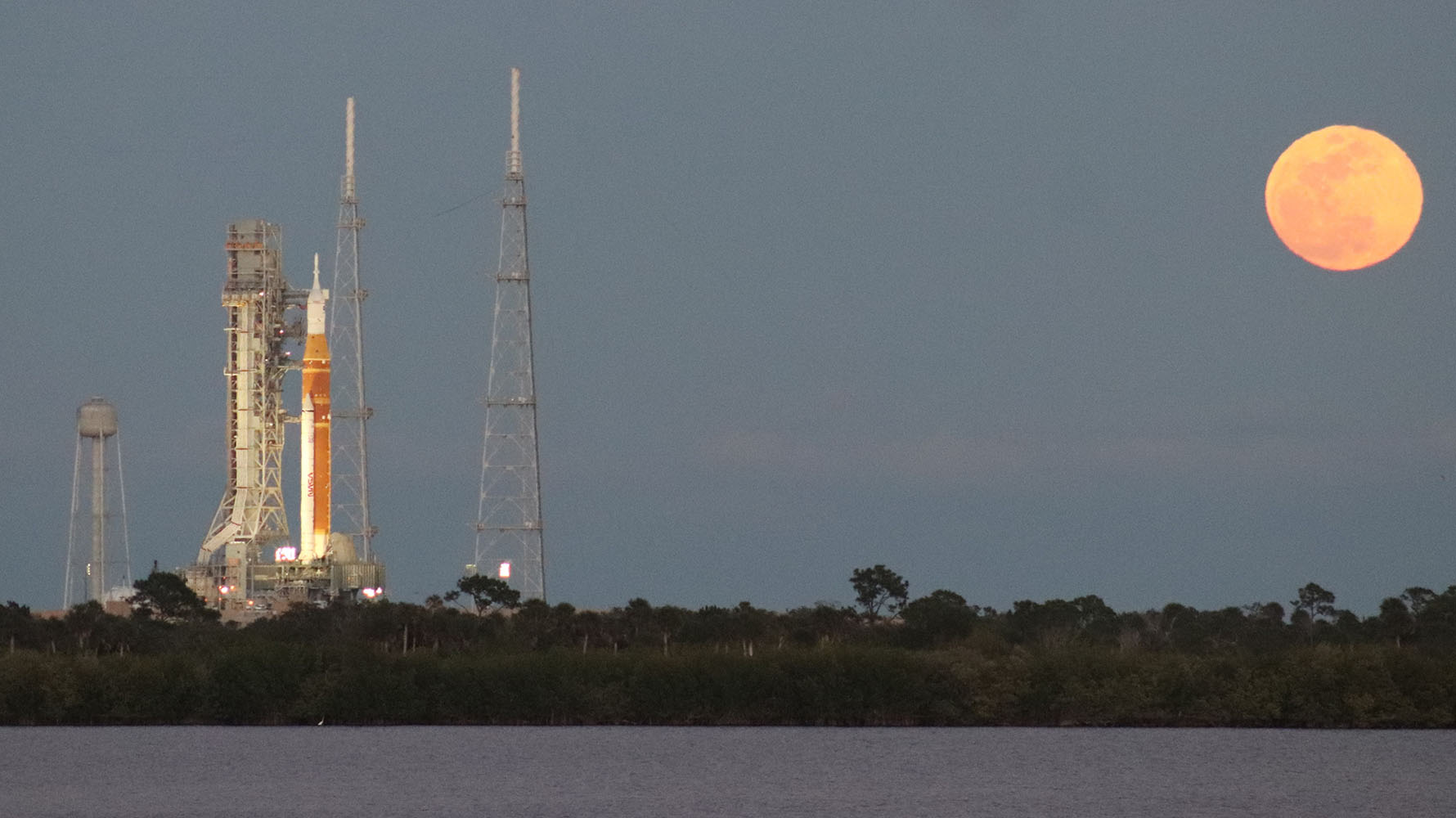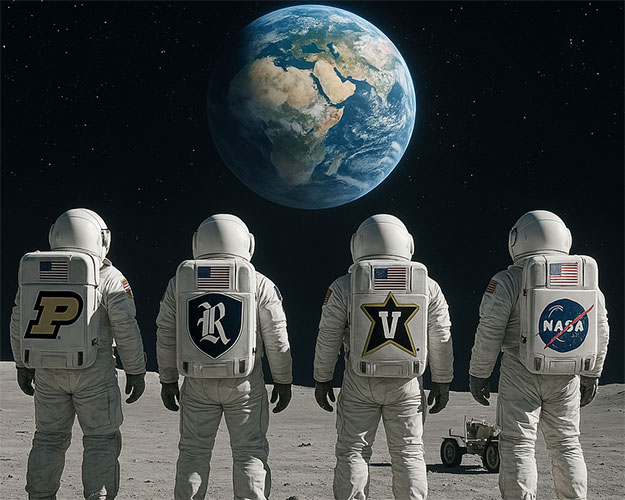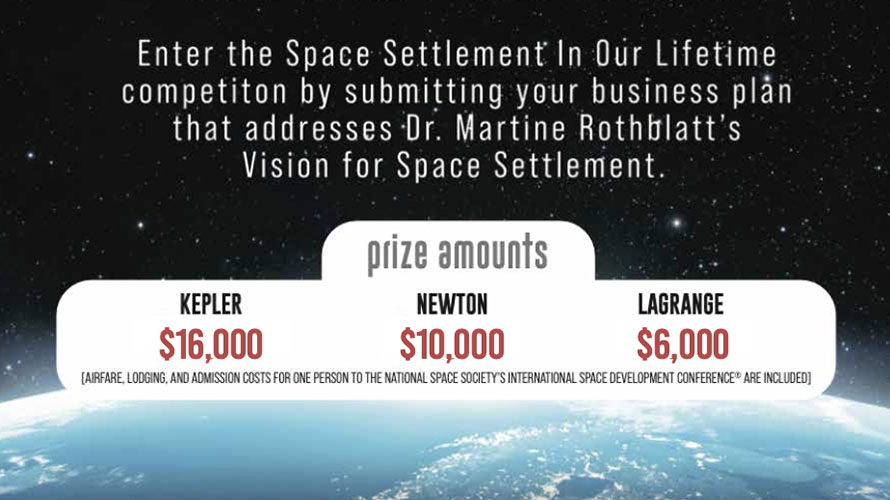Also Supports the Decision to Return the Spacecraft Without Astronauts Aboard
Image: Starliner firing maneuvering thrusters as it departs the International Space Station. Credit: NASA
The National Space Society (NSS) congratulates NASA, Boeing and the Starliner team on the safe return of its Starliner spacecraft, while supporting the decision to have the two astronauts who piloted the Starliner to the International Space Station (ISS) return on a later SpaceX Crew Dragon flight.
Starliner ‘s Crew Test Flight, the first to be flown by astronauts, launched on June 5 with an expected mission duration of eight days but quickly ran into difficulties with helium leaks in its propellant pressurization system and problems with the thrusters themselves. Extended firing appeared to result in thruster shutdowns. Starliner did, however, successfully deliver Sunita Williams and Barry “Butch” Wilmore to the ISS.
Boeing and NASA immediately began investigating the issues with Starliner while the crew was integrated into ISS activities, but soon realized that the spacecraft’s problems were going to take time to fully understand. Starliner’s stay was extended, and then extended again, while Boeing tested the thrusters at their test facilities. However, safety concerns remained about returning the crew on the spacecraft.
NASA ultimately decided to have Williams and Wilmore extend their stay on the ISS and to return Starliner to Earth uncrewed. NSS lauds NASA’s conservative approach to this decision and the work of the Starliner team to clarify the issues with the spacecraft. While Boeing had confidence in the Starliner’s ability to return the crew safely, the company ultimately configured the spacecraft for a robotic reentry and landing. Starliner successfully returned to Earth just after midnight, Eastern Time, on September 7.
NSS fully supports the “safety forward” approach for human spaceflight that was demonstrated by NASA on this mission. It also wholeheartedly supports the need for multiple spaceflight systems for crew delivery to and from space and the ISS. Both NASA and Boeing are to be congratulated on working through this challenging flight test. NSS hopes that Boeing will continue in their efforts to develop Starliner into a fully operational system.
All spaceflight systems require extensive testing before becoming flight certified for human crews, and they are sometimes grounded while solutions are found. It’s important to have options with more than one provider and to embrace dissimilar systems for spaceflight. The successful resolution of this Starliner test is one more indication of the success of NASA’s decision to support commercial operators through programs such as Commercial Crew.

